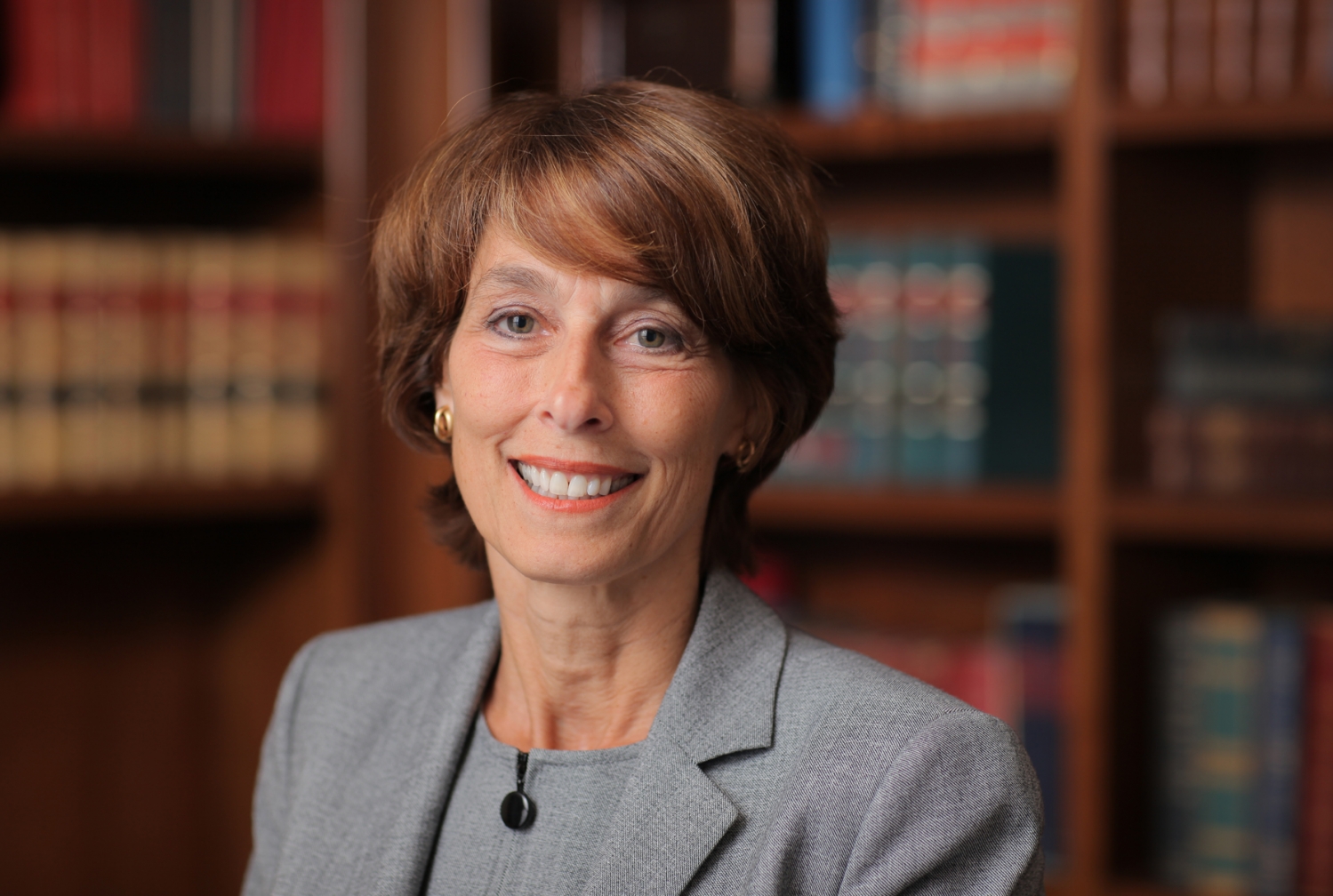More students than any previous class place at top 50 medical institutions nationwide
A palpable sense of anticipation filled Griffis Faculty Club on Friday, March 16 in the moments leading up to the Match Day ceremony as 120 fourth-year students from Weill Cornell awaited their fate in the form of a sealed envelope.
Even though the 2012 Match was the largest in the medical college's history, with more than 38,000 applicants vying for 26,772 positions nationally, Weill Cornell students did exceptionally well.
"In terms of the quality of the institutions where students matched, this was the best class ever," said Dr. Carol Storey-Johnson, senior associate dean for education. "Of 120 positions, 100 were matched at top 50 institutions as ranked by U.S.News & World Report."
This was the first match ceremony at Weill Cornell for Dr. Laurie H. Glimcher, the medical school's new dean. "It's a great pleasure to be here," Dr. Glimcher told the class of 2012. "We wish you the very best of luck as you move forward in your careers. We raise a toast to all of you."
"I don't know how I feel exactly. I'm nervous and I'm excited," said Mariel Smith, '12, who was hoping to match to Weill Cornell in pediatrics. "Making the list of top choices was very difficult. And once I made it, I tried not to think about it."
Some students viewed their envelopes via internet feed. A group of Weill Cornell students studying in Austria was unable to attend the ceremony, so their fellow students set up a Skype video call on a wall of Griffis Faculty Club.
"We have to hold up their envelopes and show them," said Kara Walter, '12, who added that she was "uncertain and very nervous" about the prospects of matching to her boyfriend's institution at the University of Washington in Seattle. (She did.)
The smallest attendee at the ceremony was 2-year-old Carmel Ross, who was watching her father Jonathan Ross, '12, try to land a spot in the social medicine program at Albert Einstein College of Medicine in the Bronx. The choice to stay in New York City with a young child was tough, Ross said. "My wife and I both wanted to leave Manhattan and New York, but we have family here and the program is very good." (He got in.)
At the stroke of 12 p.m., a red velvet rope was withdrawn and students poured toward a table in the faculty club filled with envelopes. Within moments, the room was filled with shouts of joy, clinking champagne glasses and the sound of students frantically calling home with good news.
Smith brought her envelope over to her parents, who had come in from Long Island, and opened it in front of them. Amidst a sea of celebration all around her, she was utterly focused as she read the letter. With a burst of joy, she threw her hands around her mother -- she had been accepted at Weill Cornell and would be spending her pediatrics residency close to her family, at her institution of choice.
"I remember nothing like this, this celebratory moment," said Smith's father, an internist and bioethicist at North Shore-LIJ Health System on Long Island. He said that he got the news of his residency by letter and that he matched to his second choice.
"But this celebration, it's a good thing to endorse people like this," Dr. Smith said, "before the cold water of the internship hits them."
Though Weill Cornell students traditionally place to one of their institutions of choice, it is not always a given. For example, Baxter Allen, '10, did not match to a neurosurgery residency program when he applied two years ago.
Unmatched seniors then had to enter "The Scramble," a nerve-wracking weeklong hustle to land one of the few remaining positions available at institutions with openings. (This year "The Scramble" has been replaced by a more streamlined and equitable "Supplemental Offer and Acceptance Program" based on feedback from deans, residency program directors, residents and medical students.)
Allen, however, took the opportunity as a time to reflect. "Instead of scrambling for another program, I decided to take time to figure out what I wanted," he said minutes before receiving his envelope. Ultimately, he did two years of research at Weill Cornell, shifted his focus from neurosurgery to neurology and decided to pursue the residency program at his home institution. Having worked with faculty at Weill Cornell for an additional two years, he felt confident about his match. (He got in.)
Started 60 years ago, the National Resident Matching Program uses an algorithm to "match" senior medical students with available residency positions throughout the U.S. Because residency placement is highly competitive, both students and institutions rank each another and a match is made based on these preferences. Matches are announced at exactly 12 p.m. EST, a moment when senior medical students across the country ceremoniously open their envelopes and find out where they will be spending at least the next three years of their life as residents.
On Match Day, residency is seen not as the preamble to long hours and a heavy workload as a resident but as the culmination of four years of hard work and dedication to the field of medicine.
"It's a great day of optimism and possibility," said Dr. Peter Marzuk, the associate dean for curricular affairs at Weill Cornell. "Emotionally you have to hope for the best but be happy wherever you are, eventually. Because no matter where you go, it's in your hands."

